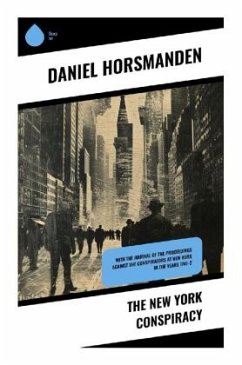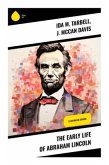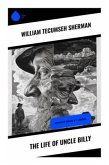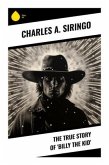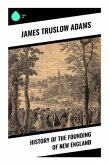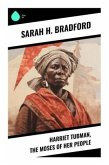In "The New York Conspiracy," Daniel Horsmanden provides a meticulous account of the slave conspiracy that gripped New York City in 1741, a notable event that reflected the sociopolitical tensions of colonial America. Written in an engaging narrative style, Horsmanden employs both firsthand accounts and legal testimonies, creating a rich tapestry of voices that brings the unsettling atmosphere of fear and suspicion to life. This work is a critical examination of the interplay between race, class, and power, situating the conspiracy within the broader context of colonial anxieties over slave rebellion and urban unrest. Daniel Horsmanden, a prominent figure in New York's judicial system as a judge and a Chronicler of events, had a vested interest in the outcomes of the trials associated with the conspiracy. His position afforded him access to essential documentation and a unique perspective that deeply informed his account. His upbringing in colonial New York, coupled with his professional experiences, significantly shaped his understanding of the precarious dynamics between enslaved individuals and their oppressors, making this narrative an essential commentary on the time. Horsmanden's "The New York Conspiracy" is a must-read for anyone interested in the complex interplay of race and power in American history. It not only serves as a critical historical document but also resonates with contemporary discussions about justice, prejudice, and social unrest. Scholars, students, and general readers alike will find themselves challenged and enlightened by this nuanced exploration of a dark chapter in American history.
Bitte wählen Sie Ihr Anliegen aus.
Rechnungen
Retourenschein anfordern
Bestellstatus
Storno

